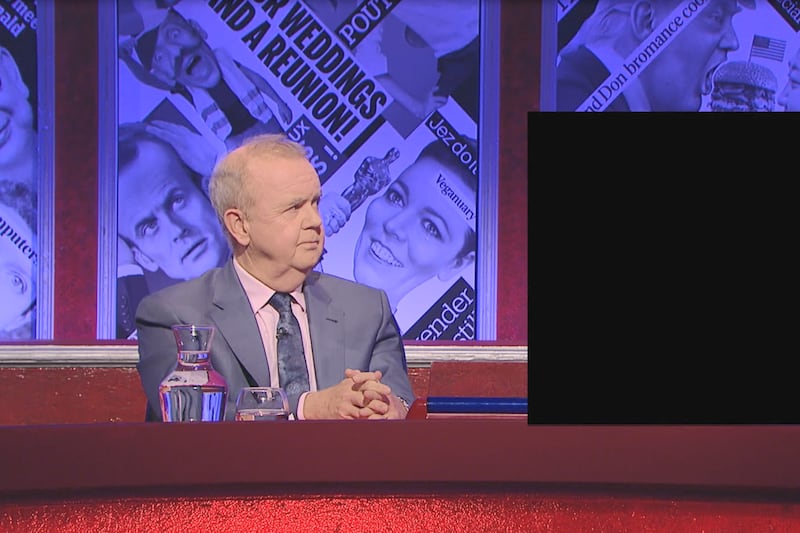The option of a no-deal Brexit should be on the ballot paper in a second referendum, the interim leader of Change UK has suggested.
Heidi Allen said she felt that the choice should be offered to voters as to some people it represents a "clean Brexit" - but added that an option to "remain as we are" must also be included.
Ms Allen, who quit the Tories in February to join the Independent Group, also said the new party had to be about more than just Brexit.
In an interview with The House magazine, Ms Allen said she has "some sympathy" for allowing a no-deal option on the ballot paper in a second referendum.
"The Electoral Commission would have a view about how it might split the vote or whether it might artificially give advantage in one direction or the other," she said.
"That's the argument people say, 'well, you'll be splitting the vote if it's the leaving deal or the no-deal'. If that is the conclusion, then clearly, we can't have that.
"But I feel like we should be offering no-deal because to some people that is clean Brexit. But one thing I am without doubt 100 per cent clear on is that 'Remain as we are' has to be on the ballot paper because that's what we're comparing. We're in it, versus whatever the brave new world might look like."
Meanwhile, Liberal Democrat leader Sir Vince Cable said he regrets failing to pull together a Remain coalition.
Speaking at an event to launch his party's EU election candidates in Wapping, east London, Sir Vince said he had tried to get other parties to pull together.
But regrettably, he said, other parties had not joined him so the Lib Dems would instead campaign alone.
He said: "I've got a couple of regrets about this referendum and the first is that we're not standing on a common platform with other Remain parties to stop Brexit.
"It's true that the Brexit parties are also divided but we should be standing together - the millions of people in this country who voted Remain would expect us to stand together.
"It has not happened ... it was not reciprocated so we're going our own way, but it's a pity."
Sir Vince said his other regret was that the EU election would happen so close to the council elections, but he expected a strong local result to buoy the party in its EU campaigning.
He denied that the European Parliament election would be a proxy for another EU referendum, saying a People's Vote would still be needed because "that's the only way of resolving the issue".
Nearly 600 candidates will take part in next month's European elections across Britain and Northern Ireland - up 31 per cent on the last time the polls took place in 2014.
Two brand new parties, Change UK and the Brexit Party, are contesting all the 70 seats up for grabs on May 23.
The Conservatives, Labour, Liberal Democrats, Greens and Ukip are also fielding candidates for every seat.
The SNP and Plaid Cymru are contesting all the seats in Scotland and Wales respectively.
A total of 580 candidates are standing across Great Britain, up from 442 five years ago.
The Women's Equality Party is fielding candidates for the eight seats in London, while the Yorkshire Party is contesting the six seats in Yorkshire & the Humber.
Neither party stood in the 2014 EU elections.
By contrast, the English Democrats Party is fielding 12 candidates this year, compared with 60 in 2014.
The 70 seats up for grabs in Britain are divided between 11 regions, which vary in size from three seats in north-east England to 10 seats in south-east England.
Unlike in a general election, where voters choose between individual candidates from different parties, EU elections in Britain are based on a list system, with voters choosing between blocks of candidates all from the same party.
Seats are then allocated to candidates within each block, based on the share of votes cast across the region.
The Single Transferable Vote system is used in Northern Ireland.





